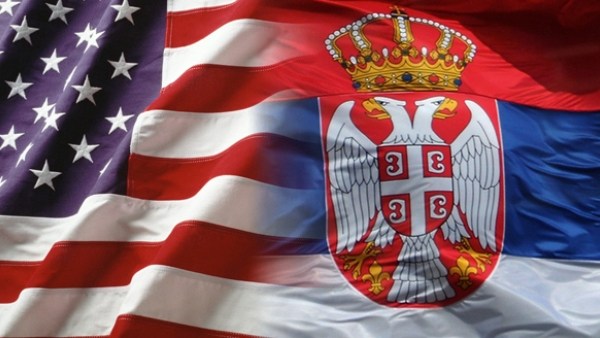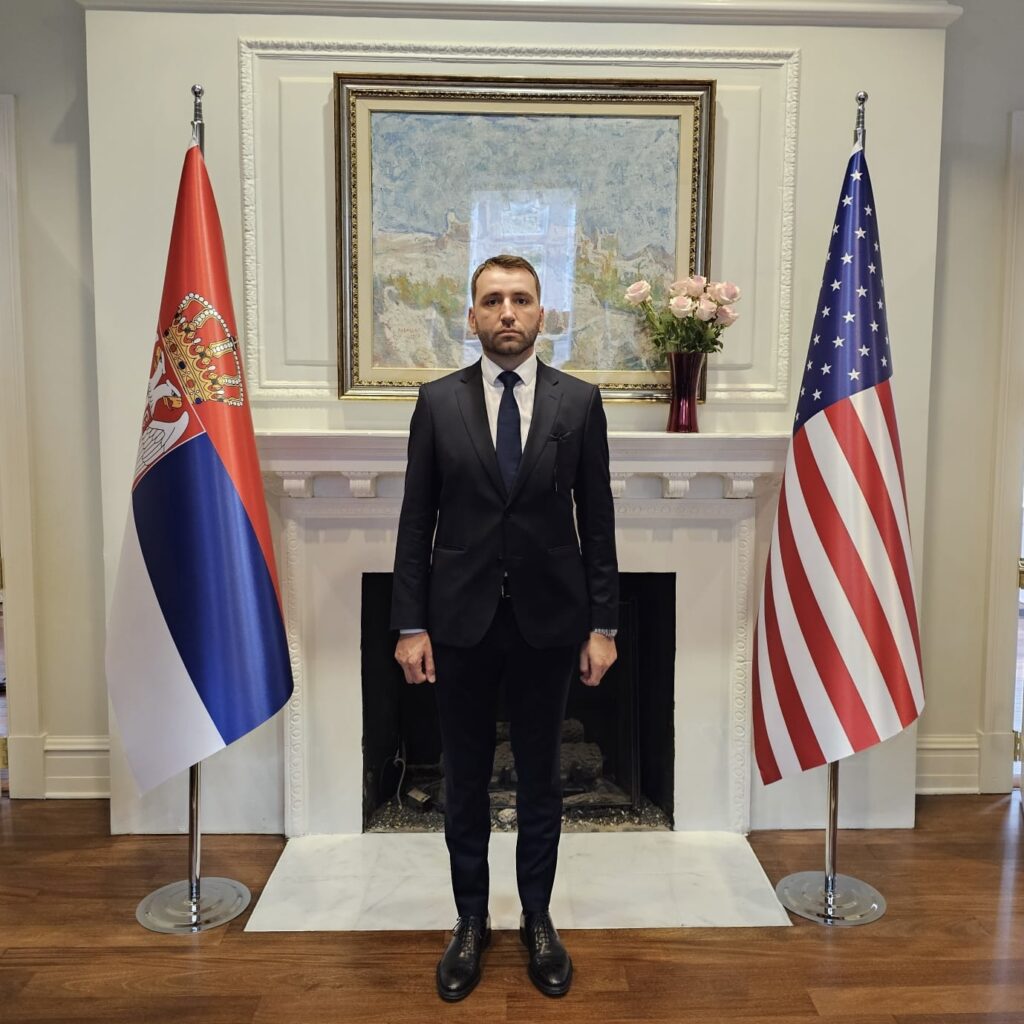Lord George Robertson, the 10th Secretary General of NATO, former UK Minister of Defence, and a member of the Advisory Board of the Public Diplomacy Institute, shares his insightful perspectives on the challenges and opportunities facing the Western Balkans, with a special focus on Serbia, in a compelling text exclusively crafted for our institute.
His words resonate with a profound understanding of historical complexities and the urgent need for transformation.
Lord Robertson of Port Ellen
As NATO’s Secretary General I met Serbian Prime Minister Dindic before his tragic assassination. He was hugely impressive and forward looking. He could see ahead to a better future for Serbia and for the young Serbians whose destiny was self-evidently in mainstream Europe. We saw eye-to-eye on what was needed to overcome ancient tensions and the poisonous legacy of previous leaders.
His death, at the hands of those who keep his country back, was a tragedy for Serbia and for the whole Western Balkans.
Another Serbian politician who came to see me at NATO Headquarters addressed the press afterwards. What he said has stuck with me ever since. “Can you imagine’, he said, ‘how prosperous would the Balkans be today if we politicians had the same inter-ethnic cooperation as the criminals?’
These were wise words and they get to the heart of what is still plaguing the Western Balkans. Historic and ethnic rivalries – with no connection to modern reality, are holding back the talented generations I have met and talked with. Organised criminals exploit those rivalries and magnify the differences and while they themselves become wealthy the general population stays poor.
I once advised another Balkans politician on election campaigning. I said put up posters which say only ‘Why are they so rich and you are so poor?’ The advice was rejected, the person made a complicated case – and lost. It is a simple message which matters to those left behind when history is exploited – and betrayed.
There is a talented generation of young entrepreneurs, scientists, tech experts and others in Serbia, Bosnia and Kosovo who want the opportunities which the European Union offers. Not only do they want it, they deserve it and Europe needs them. And if they don’t get there in their own country they will simply leave. So many already have.
I was present at the EU’s Thessaloniki Summit in 2003 when the promise was made to the Western Balkans countries of eventual membership. Twenty years on it remains only a promise. But the fault is not just with the EU.
Leaders in the Western Balkans countries share the blame. So much needs to be done internally in each country. Corruption has to be dealt with. State capture, disinformation, restrictions on free elections and free speech all need action. Economies must be modernised. Only then will the case for membership be difficult to resist.
I yearn, as someone intimately involved in the recent past of the Western Balkans, for the people of the region to be a full part of the European family. Britain may have left the EU, something I regret, but we are still part of that geographic family where our – and your, destiny is bound together.
I wish this new institute the very best in pursuing that dream and helping make it happen.
Lord George Robertson was the 10th Secretary General of NATO from 1999-2003 and the United Kingdom’s Minister of Defence from 1997-99. He was a Labour Member of the UK Parliament for twenty one years and has been in the House of Lords since 1999.


